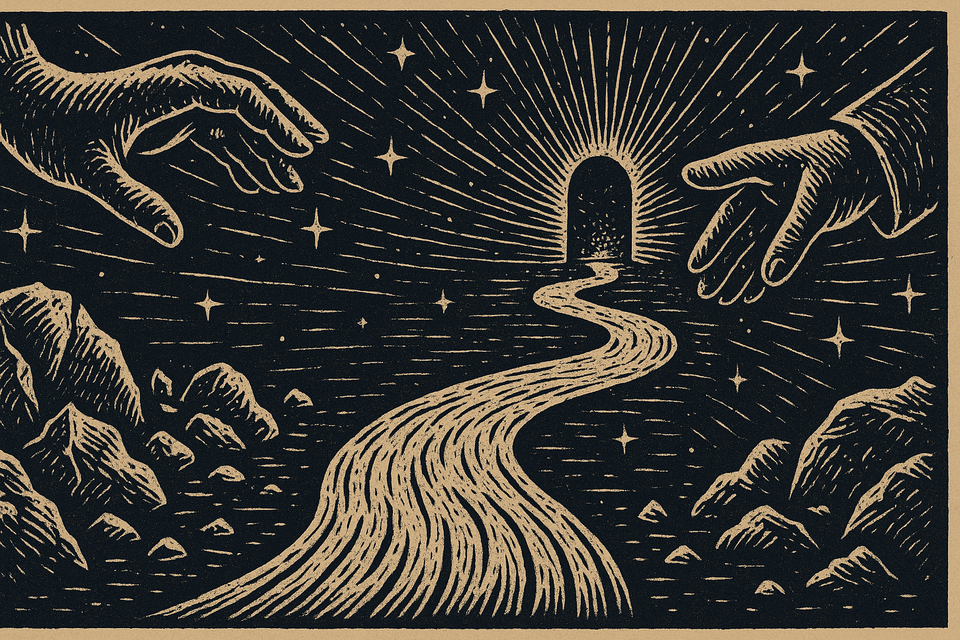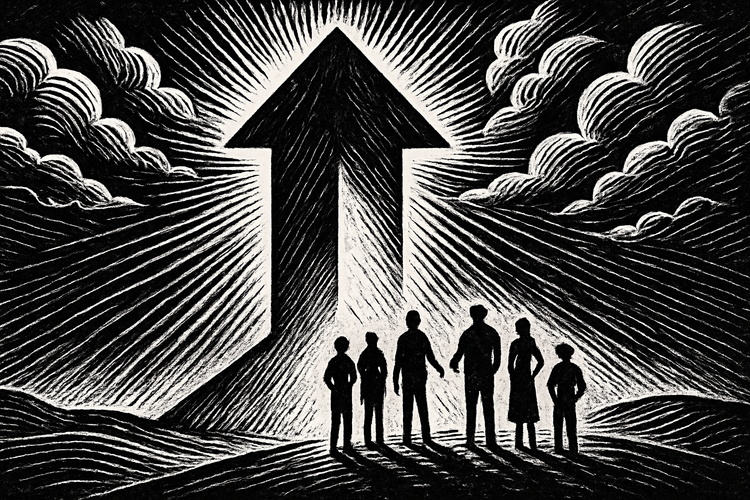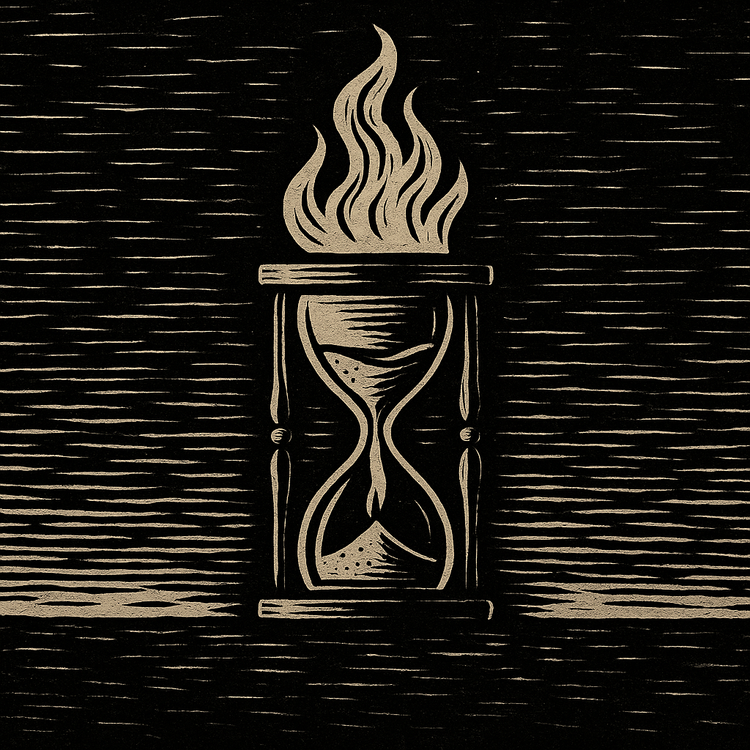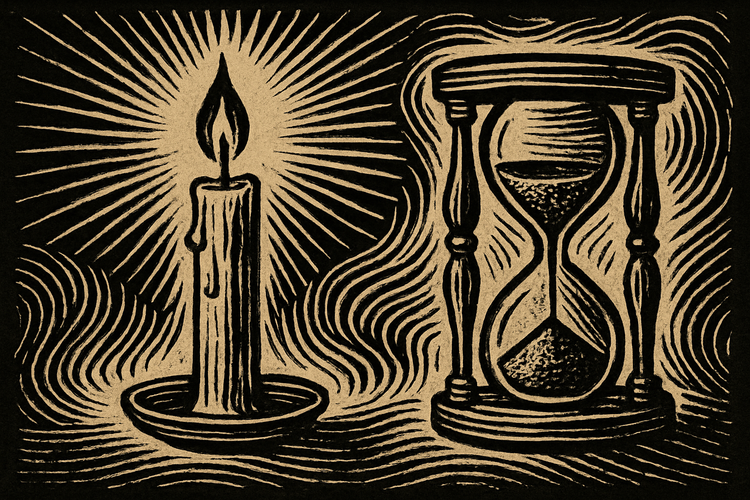The Good Place S3E3 "The Snowplow"

Spoiler Warning: This reflection contains full spoilers for The Good Place, including retrospective insights and thematic allusions. It assumes familiarity with the entire series and is written from the perspective of a rewatch.
It’s one thing to offer a helping hand; it’s another to clear every stone from the path before anyone else can stumble over it. In The Snowplow, Michael and Janet take the art of interference to its logical extreme, turning life into a smooth, curated timeline for the humans they’re trying to protect. But a cleared path isn’t the same as a chosen one, and the comfort they create may be the very thing that keeps the group from learning how to move forward on their own.
The Comfort of a Cleared Path
From the start, Michael and Janet position themselves just outside the action, watching the group through a steady feed of surveillance screens. Their interventions arrive like clockwork—lottery tickets slipped into Eleanor’s life, a relationship orchestrated for Tahani, a ready-made friend group for Jason. Every time a potential obstacle appears, they snowplow it away, and the story skips ahead by months.
The result is a kind of artificial stability. The group stays on track, or at least appears to, because every sharp corner has been rounded off before they reach it. It’s the kind of progress that looks good from a distance: people smiling, lives improving, no major conflicts to derail the plan. But it’s progress built without the friction of failure, and that friction is often where real change begins.
Me vs. Us
Simone frames human development as a climb: first “Me vs. Us,” then “Us vs. Them.” It’s a simple hierarchy, but it lands hard in a group that’s already feeling the seams strain. At the first sign of splintering—Tahani’s whirlwind engagement to Larry—Eleanor scrambles to keep everyone together. She delivers her plea like a rallying cry, trying to remind them that the “us” is worth fighting for.
But Eleanor’s version of togetherness comes with sharp edges. When her appeal doesn’t land, she retreats into familiar territory: sarcasm, deflection, a little cruelty. It’s a defensive move, but it underscores Simone’s point—moving from “me” to “us” is difficult because it asks for vulnerability, not just proximity. A group can share space without sharing purpose, and without that shared purpose, the bonds Michael and Janet have worked so hard to preserve are more fragile than they appear.
The Cost of Control
The snowplow strategy works—right up until it’s on the verge of collapse. Each cleared obstacle buys Michael and Janet more time, but it also creates a version of events where the humans never have to navigate the hard parts themselves. The group’s progress starts to resemble a carefully scripted play, each beat arranged to keep them together without letting them see the scaffolding behind it.
When Michael decides the only way forward is to reset the Earth timeline entirely, the plan is barely formed before it’s interrupted—by the humans themselves, catching sight of the portal. The moment hangs without resolution, a glimpse behind the curtain that could change everything, or nothing at all. For now, it’s just the first crack in the smooth road Michael and Janet have worked so hard to clear.
In The Snowplow, community and control work at cross purposes. Simone’s “Me vs. Us” lays out the human challenge of moving beyond self-interest, while Michael and Janet’s interventions quietly undermine that journey by removing the very trials that might make it possible. What’s left is a group bound together by circumstance, not yet tested by the full weight of their own choices. Whether that bond can survive without someone clearing the road ahead is a question the episode leaves deliberately unanswered.



Comments ()